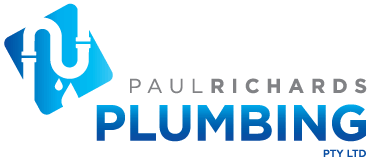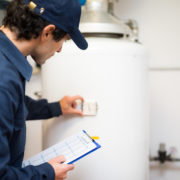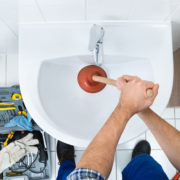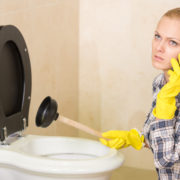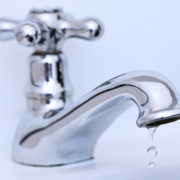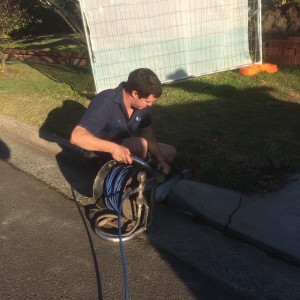Everything you need to know about your home’s hot water system
In any home, a hot water heater is essential. Being stuck without hot water is a real inconvenience. But, because they are so important for households, there are so many options to choose from. The best way to determine this is to look at what kind of household you have:
- The size – a larger household with more bathrooms, a bigger kitchen and entertaining/dining area means more hot water usage, the bigger your home the more hot water usage
- The number of occupants – more people in a household means more showers, baths and cooking,
- Energy tariffs – water heating is often one of the second largest expenses on your utility bill so choosing the most economical water heating system for your home is essential
Electric vs Gas Water Systems
The two main systems to choose from when it comes to hot water are electric or gas, so how do you know what’s best for your home?
The clear difference between the two is their power source, whilst gas water heaters depend on natural gas lines to heat your home’s water, electric water heaters use electricity as their power source. Some may say that gas then comes with an advantage, because if your home loses power gas water heaters are still fully functioning. On the other hand, electric water heaters can be more efficient.
GAS WATER HEATERS
PRO: Produce significantly less greenhouse gas emissions are better for the environment
CON: Gas water heaters tend to have a slightly shorter lifespan, meaning, in the long run, they can sometimes be more expensive
ELECTRIC WATER HEATER
PRO: Electric water heaters tend to be more efficient
CON: Electric water heaters, although more efficient, can have a larger upfront cost, and in some cases can struggle to recover water as quickly as a gas water heater
Some things to note
- Always consult your plumber about the best choice of water heating system for your home
- Water heaters only have a lifespan of 8-11 years, so regular maintenance is essential to ensuring your water heater keeps on running as it should
- When purchasing either hot water system always check the energy star rating, the higher the rating the more efficient – saving you more money in the long run
Whether you need installation, advice or repairs we have a team of expert plumbers and hot water technicians who are more than capable of completing the job. To book your job today or to have a chat about water heating systems give us a call on 0413 327 408 or send us an email at info@paulrichardsplumbing.com.au
